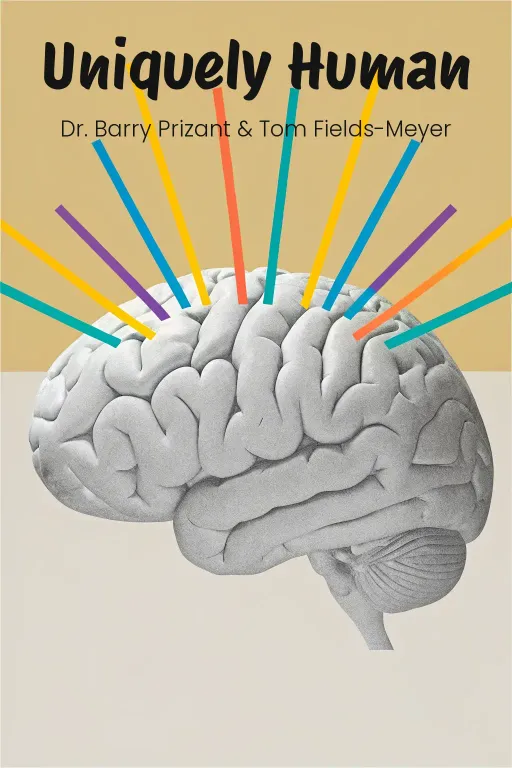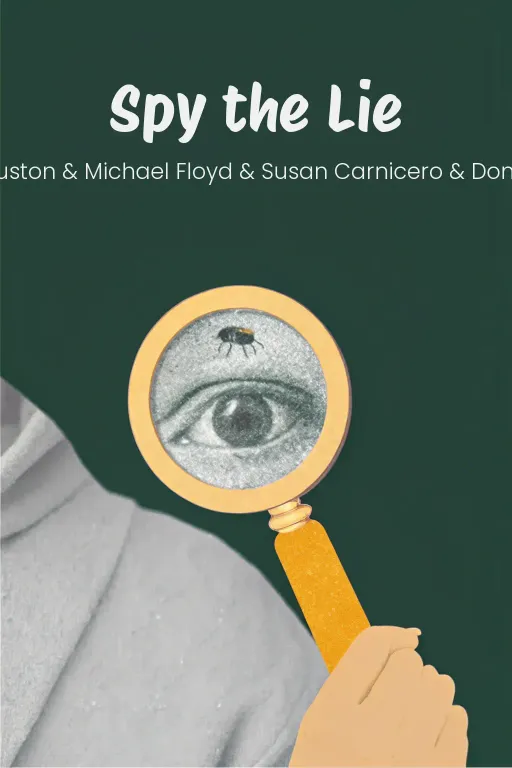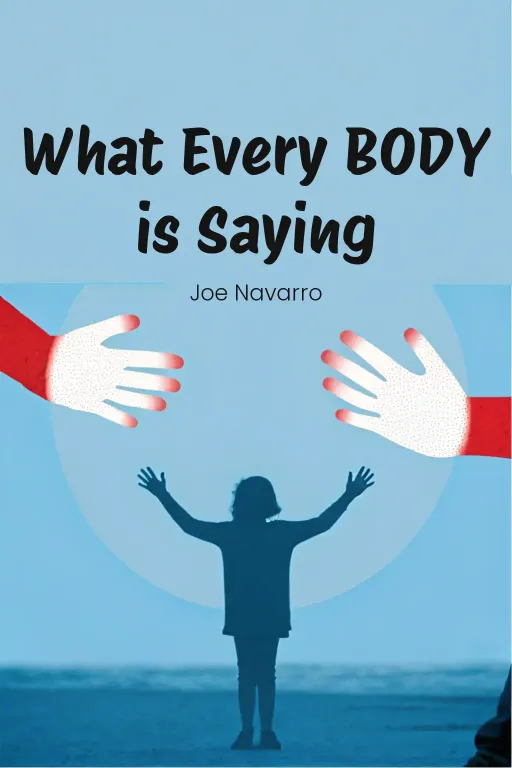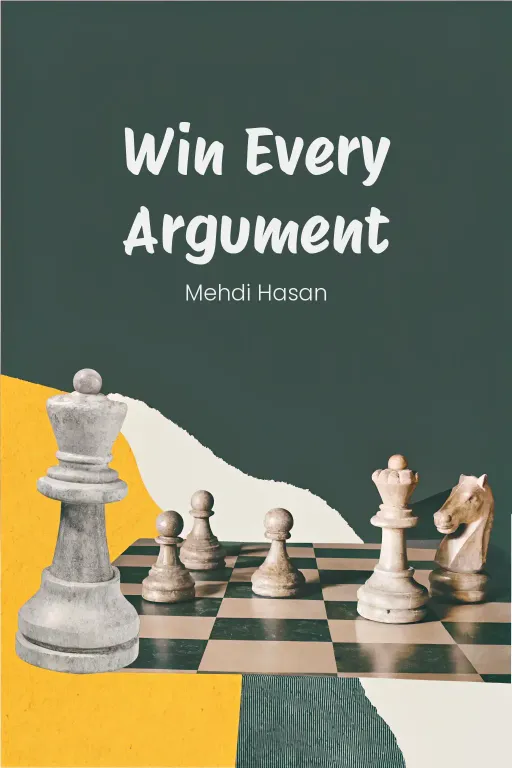
Master the "Yes": Persuasion Decoder
Podcast by Five Percent Happier with Autumn
The Psychology of Persuasion
Master the "Yes": Persuasion Decoder
Autumn: Today we're diving into Robert Cialdini's classic, "Influence: The Psychology of Persuasion," to uncover the hidden triggers that make us say ‘yes’ even when we might mean ‘no’. Autumn: Ever bought something you didn't need after a slick presentation? Agreed to a favor you instantly regretted? The core problem Cialdini tackles is our tendency towards automatic compliance. We rely on mental shortcuts to make quick decisions, which is usually helpful. But savvy marketers, salespeople, even colleagues, know how to push these buttons intentionally. For busy professionals juggling constant demands, recognizing these tactics is crucial to avoid being subtly manipulated or making choices that aren't truly in your best interest, leaving you feeling like you're operating on a faulty autopilot. Autumn: So, how do we counter this? Cialdini reveals six powerful principles. It often starts with that deep urge for reciprocity – you get a free sample and suddenly feel obligated to buy the product, right? Then there’s the pull of commitment and consistency. Once you agree to a small request, like signing a petition, you feel internal pressure to stay consistent, making you more likely to agree to a larger related request later. We also look to others for cues, which is social proof. If everyone else is buying it or doing it, especially when we feel uncertain, we assume it's the right move – but beware of fake testimonials! Naturally, we're more easily swayed by people we like – maybe they're similar to us, pay us compliments, or we know them through friends, like at those Tupperware parties. Don't forget the power of authority; symbols like titles or uniforms can trigger blind obedience, sometimes bypassing our better judgment. And finally, there's scarcity. Limited-time offers or "only a few left!" warnings trigger our fear of missing out, pushing us to act fast without thinking. Autumn: Here’s your takeaway: Next time a "Limited Time Only!" offer grabs your attention, pause. Ask yourself: "Would I want this just as much if it wasn't scarce? Is this a genuine need, or just fear of missing out?" Recognizing that trigger helps you reclaim control over your decision. That’s how you get five percent happier.









